Philomena: An interview with Stephen Frears

We caught up with Stephen Frears, director of British drama Philomena, starring Judi Dench and Steve Coogan.
Congratulations, I first saw the movie in Venice and it was amazing.
Stephen Frears: So you are a good Italian Catholic boy?
Yes and no, it’s more of a tradition than a practice…
The line “fucking Catholics” was very popular in Venice; it got a round of applause. I was very shocked.
Why did you choose this story which is both a drama and a controversial matter?
Well, they were good things: there was a drama that was also controversial and there were jokes. What do you want? And also it was something new to me; I don’t know nothing about Catholicism.
How did you keep the balance between all the drama and the jokes?
That’s just the job, that’s your job, what I’ve been learning during the last 40 years. How to do that… what an interesting challenge; you can read the script and imagine how the skills of this classical actor [Judi Dench] and a comedian [Steve Coogan] could combine.
Their sense of humour worked really well; was it something you hoped for or did you work on it?
You never quite know; you always hope it’s gonna be like that!
I found Sophie Kennedy Clark [young Philomena] to be incredibly talented; why did you choose her?
She came to the casting with two or three other girls. I thought she was very good, [and] looked like Judi. You make a series of decisions and you find out afterwards whether they were good or wrong ones.
Even if it’s a personal story, there’s a lot of religion and faith. How did you want or not want to make a statement?
I didn’t want to make a statement; in the end you trust somebody and on this particular subject I trusted Steve [Coogan]. He guided me through Catholicism, I knew nothing – I’m still very, very ignorant. You do it sort of by instinct.
Did the chemistry on set lead to changes and new ideas?
Generally speaking, you want to try to make scenes better so you might be editing a little around the edges. But the story we shot was pretty much [what it was]; afterwards in the cutting room we made some changes. And you think: I should have known that at the time! There isn’t that sort of economic luxury anymore [to change scenes as you direct them]. You try to get it all right before you start.
I remember in Venice you said you wanted the pope to see the movie.
Yes, the pope seems to me a very good man. I don’t how long it has been since [a good] one has been appointed pope. If he was a good man he’d like the film; he must know exactly what it’s about. Well done for appointing a good pope.
Were there any reactions from the Catholic Church?
No, not a word! I think the Vatican paper didn’t write about it though – I was told there was just silence about this film.
Philomena is still alive. Did she make any contribution to the movie?
She’s such a sort of shiny example of simplicity, devoutness and strength of character. She’s sort of inspiring; [thanks to her] I knew where to start from.
In the movie, she looks at the same time naïve and very wise.
She is. She’s a simple and very wise woman, that’s the contradiction that makes life interesting. The way she forgives takes your breath away. You have to sort of earn it.
How did she keep the secret for 50 years? How did you want to represent this feeling?
The boy would be 50 today. I’m a Freudian; something was released that was kept inside – it erupted.
There’s also this funny element about her attraction to romance novels. You seem to mock those books but at the same time, it helps us develop a sense of affection towards Philomena.
We know how snobbish we are. I loved when she tells the story [about the romance book]; it was originally planned to be happening on a bench but I thought it was going to take a long time. But then they wrote the trolley scene. I thought it was wonderful; I thought immediately it would work.
Did Martin Sixsmith make direct contributions?
I think he did before I turned up; he wrote the book and spent time with Steve [Coogan] and Jeff [Pope].
Do you have expectations for the Oscars? Especially with an Oscar man like Alexander Desplat [soundtrack] on board.
There’s no point in thinking about things like that but Alexander yes, he deserves something.
Thanks a lot Stephen, it’s really a marvellous movie.
Thank you, that’s nice. That’s all that matters.
Filippo L’Astorina, the Editor
Read our review of Philomena here.

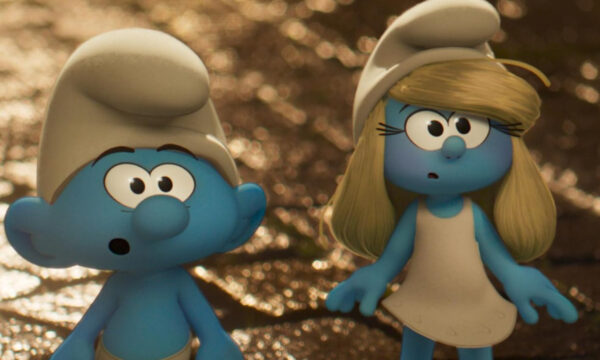


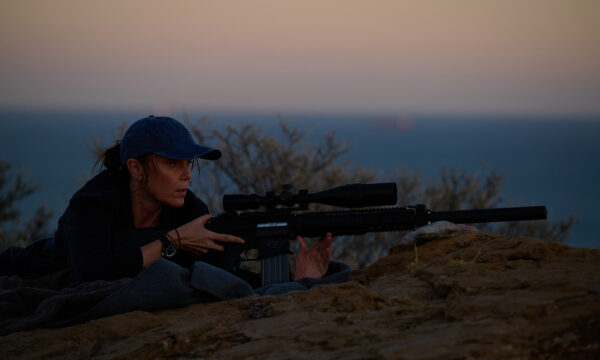
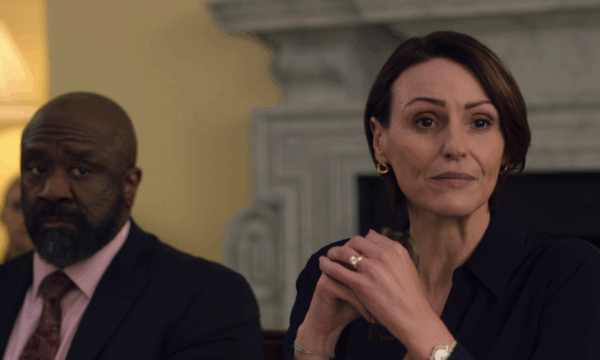
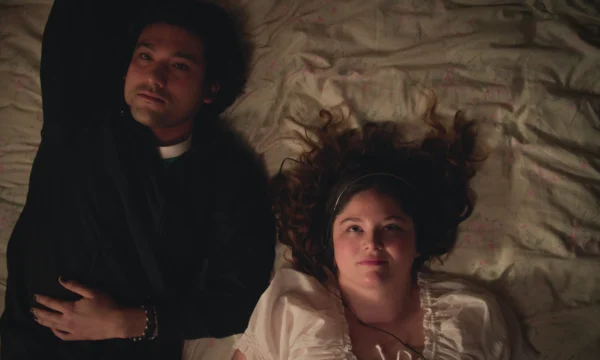
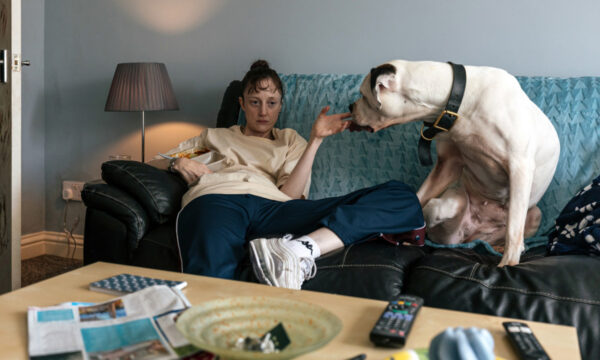
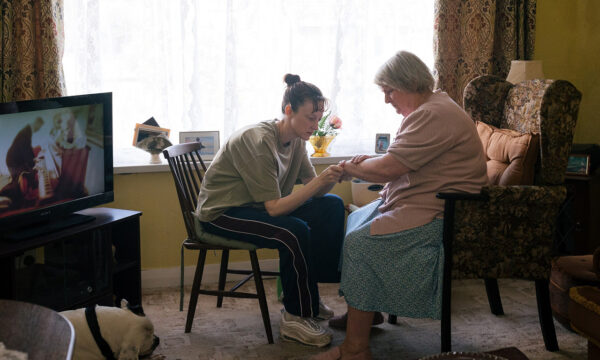
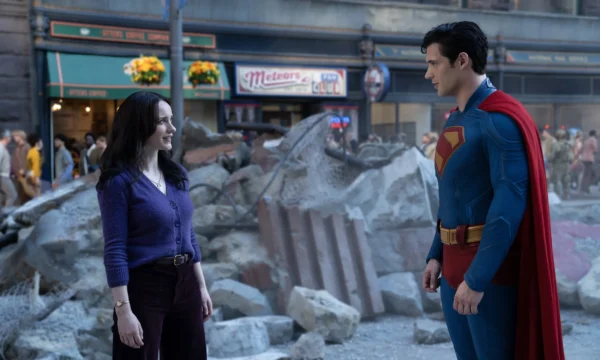
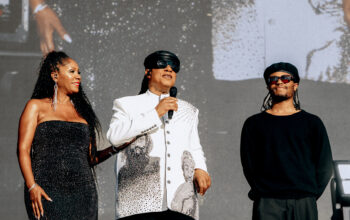

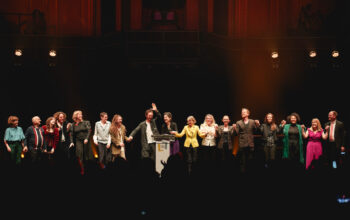












Facebook
Twitter
Instagram
YouTube
RSS